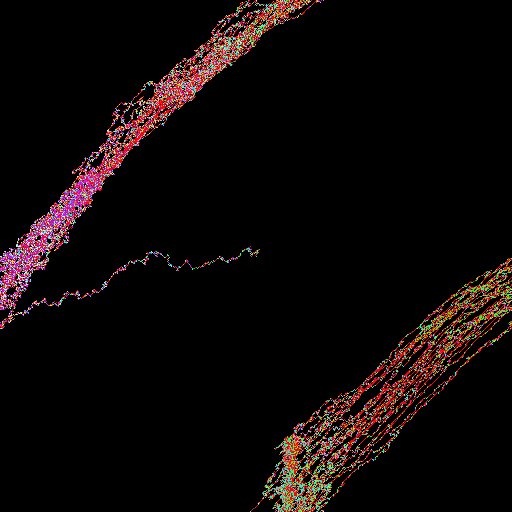We are building expensive experiments to find dark matter because our theories predict it.
You cannot have a data point independent of theory.
The discovery of anamolies in data that cast doubt on existing theories is a chance event, not a systematic search.
He says science should look for inspiration even from voodo, Bible and other obviously ‘unscientific’ fields
It’s like saying we need theories that contradict long established theories of evolution, motion, gravity, etc.
Copernicus’ suggestion that earth moves contradicted data point available with every human: earth doesn’t look to be moving.
E.g. naively speaking, what if universe is not expanding but red shifting of light happens because of a fairy causing it.
So, three cheers to all ‘crankpots’ and misunderstood scientists.
Science makes sudden leaps and most of the times scientists are in confirmation mode (vs searching for disconfirmation)






